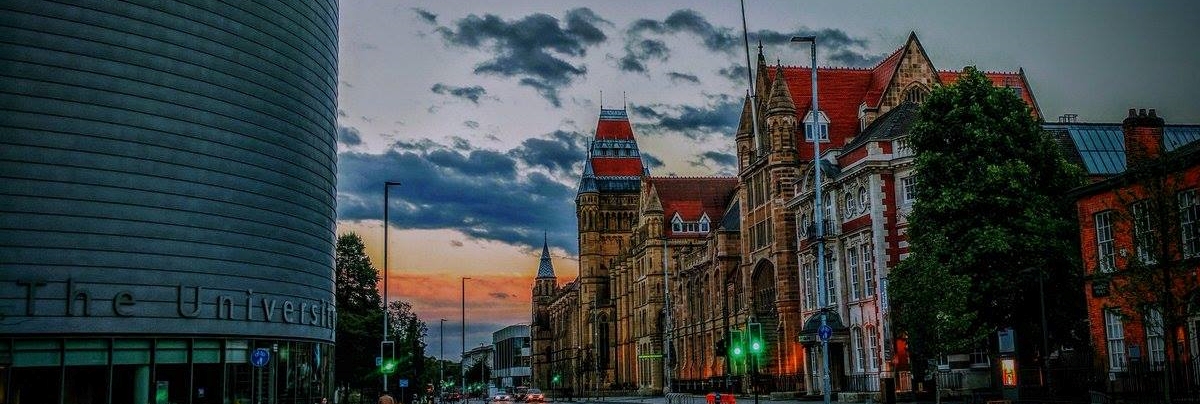
The Political Morality of Social Media
William Chan
University Place 6.208 (in person)
Social media have become the major platform for citizens to acquire and share information today. While social media have made communication much easier than ever, people have raised considerable concerns over the tremendous influence of social media. Some worry that social media giants have too much power over what could or could not be seen on their platforms, whereas citizens rely heavily on social media to understand and evaluate social and political affairs. Some worry that by using algorithms which feed users with tailored information, social media have become an important source of political polarisation and civic antagonism, since they tend to provide citizens with information that confirms rather than revises their already held political beliefs. Some worry that social media have made the privacy of citizens vulnerable to the surveillance of technological giants and governments. Some worry that there is an unequal distribution of power among citizens over the information available on social media platforms, while powerful entities, to advance their economic or political interests, can use social media to shape citizens’ views and values. But what moral principles or considerations are at stake as we think about such worries? How should political actors and institutions respond to those worries? Focusing on these questions, this workshop aims to bring together perspectives on the ethical challenges of social media, and how they should be addressed.
|
|
|
|
10:10-10:15 |
Welcome Speech |
|
10:15-11:00 |
Kyle van Oosterum (University of Oxford) Public Reason as a Guide to the Echo Chamber |
|
11:00-11:30 |
Coffee/Tea Break |
|
11:30-12:15 |
Giles Howdle (University of Edinburgh) Microtargeting, dog whistles, and deliberative democracy Discussant: Kyle van Oosterum (University of Oxford) |
|
12:15-13:30 |
Lunch |
|
13:30-14:15 |
Marianna Ganapini (Union College) Beyond Harm: Ethical Tools to Tackle Misinformation on Social Media Discussant: Bartek Chomanski (Adam Mickiewicz University) |
|
14:15-15:00 |
Bartek Chomanski (Adam Mickiewicz University) Governments should do nothing about misinformation online Discussant: Marianna Ganapini (Union College) |
|
15:00-15:30 |
Coffee/Tea Break |
|
15:30-16:15 |
Clinton Castro and Tim Aylsworth (Florida International University) (Remote) The duty to protect collective autonomy from addictive technology Discussant: Nikolas Kirby (Harvard University) |
|
16:15-17:00 |
Nikolas Kirby (Harvard University) (Remote) Polarisation, Misinformation and Distrust Discussant: Clinton Castro (Florida International University) |
|
17:00-17:45 |
Perica Jovchevski (Central European University) (Remote) Misinformation and the Distribution of Political Responsibility |
|
18:15 |
Drinks & Dinner |
|
|
|
|
9:30-10:15 |
Stephen Hood (University of Manchester) Justice for Attention-Seekers |
|
10:15-11:00 |
Juan Espindola (National Autonomous University of Mexico) (Remote) Complicity in Digital Wrongs: Social Media Platforms and Moral Responsibility |
|
11:00-11:30 |
Coffee/Tea Break |
|
11:30-12:15 |
Jeffrey Howard (University College London) |
|
12:15-13:00 |
Massimo Renzo (King’s College London) |
|
13:00-14:00 |
Lunch |
|
14:00-14:45 |
Vincent Chiao (University of Toronto) Content moderation: ex ante and ex post Discussant: Vikram Bhargava (George Washington University) |
|
14:45-15:30 |
Vikram Bhargava (George Washington University) User ethics: Do we have an obligation to quit social media? Discussant: Vincent Chiao (University of Toronto) |
|
15:30-16:00 |
Coffee/Tea Break |
|
16:00-16:45 |
William Chan (University of Manchester) Authoritarian States, Democracy and Content Regulation |
|
16:45-17:30 |
Alexander Bagattini (Karlsruhe Institute of Technology) (Remote) Vulnerability and privacy of children in social media: should parents monitor their children online? Discussant: William Chan (University of Manchester) |
|
17:30 |
End of Conference |
